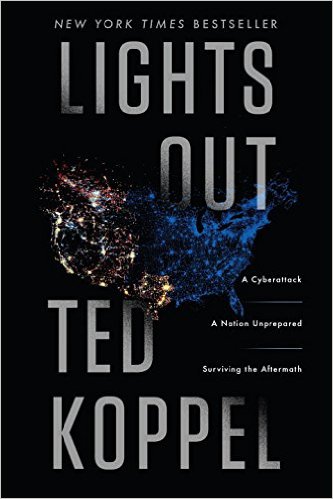-
Elite Salespeople are 200% Better in These 3 Sales Competencies
- July 23, 2018
- Posted by: Dave Kurlan
- Category: Understanding the Sales Force

Professional athletes have one trait in common – they are all very athletic and their skills are among the top several hundred in the world in their particular sport. For example, in Major League Baseball, there are 30 teams with 25 players each, making those ball players the top 750 in the world. Dig a little deeper and in each sport there is an even smaller subset of players who are all-stars
-
Distraction, Engagement, and Selling with Great Efficiency
- October 24, 2017
- Posted by: Dave Kurlan
- Category: Understanding the Sales Force

Many salespeople are so busy getting the work done that they don’t see how much selling time they waste doing administrative work that can be postponed until later.
-
What it Takes to be an Elite (Top 7%) Salesperson
- October 11, 2016
- Posted by: Dave Kurlan
- Category: Understanding the Sales Force

Last week I received a call from a young, motivated salesperson – we’ll call him Jim – who desperately wanted to be one of the elite 7% of all salespeople. Despite being just 26 years old, he believed that he was already in the top 7%. During our call, he asked me a great question. He asked, “How many of the top 7% have you actually met and where are they today?” I didn’t have to think very long or hard to answer that question because it was one of the easiest questions I have ever been asked.
-
Tech Buyer Explains Why He Has No Use for Salespeople – Must Read
- July 11, 2016
- Posted by: Dave Kurlan
- Category: Understanding the Sales Force

I managed to develop a case of poison ivy that is so bad it is making my blood boil. Earlier this year I wrote an article explaining why more salespeople suck than ever before. (You’ll need to read that article for the rest of this article to make any sense.) Last week, a reader provided a comment that also made my blood boil and I wrote a response to it. I think you’ll get as riled up over his comment as I did and I hope you’ll love my response, but first, read that article, return here and read his comment which I have included below, and then continue reading for my reply. You won’t be sorry!
-
Preppers – Who They are and What They Share with Elite Salespeople
- March 28, 2016
- Posted by: Dave Kurlan
- Category: Understanding the Sales Force

As you know, urgency leads to action and that brings us to our topic. Who are Preppers and what do they share with Elite Salespeople?

